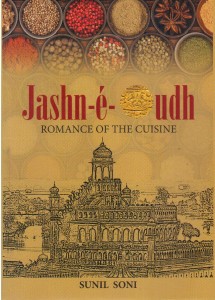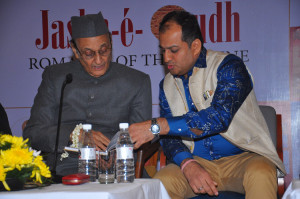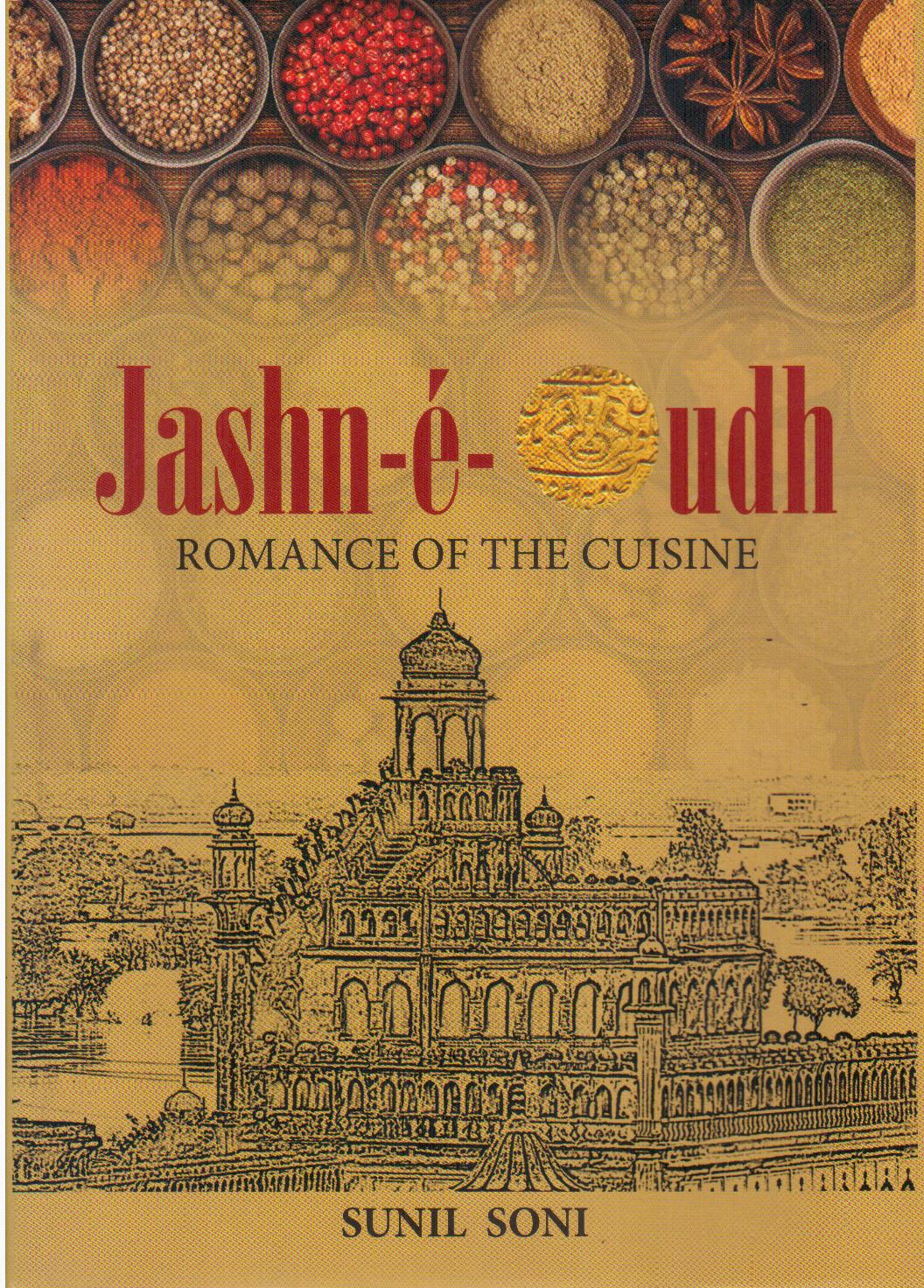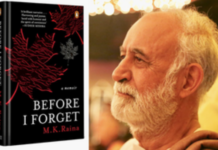By Arvind Padmanabhan
Title: Jashn-e-Oudh; Author: Chef Sunil Soni, Publisher: Shubhi Publications; Pages: 165; Price: Rs.995

After tickling the taste buds of Indian food aficionados in Seychelles, Boston and Kuwait, among other cities, executive chef Sunil Soni has taken another step in his culinary journey, this time with a book that promises to romance the finesse of Awadhi food.
Like the display of the dishes he conjures up, the book also shows a whiff of being different.
It not only has the recipes of 70-odd dishes, but also traces the origins of Awadhi cuisine and its birth city Lucknow, together with its art and landmarks, besides the condiments and utensils used, the techniques, and even nutritional facts for the calorie-conscious.
“Jashn-e-Oudh”, as the 165-page book is called — roughly translating into grand celebration of Awadh — was launched Thursday evening by Karan Singh, member of parliament and a scion of the erstwhile princely state of Jammu and Kashmir.
“I have researched the history of Awadh and compiled the recipes, which have been tried by me repeatedly — and with consistent results,” says Soni, who had graduated in culinary arts from Bombay University and got an early exposure to global cusine in Singapore and Kuwait.
“These dishes have not been mentioned frequently anywhere in the world and there have been very few references of such a cuisine before in literature,” adds Soni who has been associated with restaurants such as Bukhara in Kuwait, Masala Art in Boston, Mahek in Seychelles.
Noted Indian chef and a television show host Ranveer Brar says he has been rather impressed with the work of Soni — and more so since it speaks about the cuisine of Lucknow, a city he himself grew up in. He also recollects having eaten at Soni’s restaurant in the US.
“I was very impressed by the food at Tamarind Bay in Harvard Square, Boston, and called out the chef to compliment him for such insightful execution of a well-conceptualised menu,” Brar said, adding the book’s special for its references to history and anecdotes on Lucknow, with recipes.

Meat being the mainstay of Awadhi food, and the Nawabs game for all varieties — quails, venison rabbit, duck and partridge, along with the usual chicken, goat and beef — the book has a large selection of non-vegetarian recipes.
But it does not disappoint vegetarians either — what with elaborate how-to-do’s on more than 15 vegetable and lentil preparations, rice dishes, breads and desserts. And to laud Soni’s eye for detail, it speaks at length about ingredients, condiments and even Awadhi terms and techniques.
“Let’s not get Awadi cusine wrong. The vegetarian fare in the region is also a gourmet’s delight. The venial hues of nature and its bounties have inspired the culinary genius of the cooks of this region into creating remarkable recipes for the vegetarian palate,” the chef says.
Soni also has some curious anecdotes. While he says that no other region of India can boast more varieties of pulaos than Awadh, he also feels Briyani is appreciated more in Delhi and Hyderabad — and that the nawabs of the region consider it a poor cousin of their exalted Yakhani Pulao.
Then finally on desserts, he says, the rich, extravagant and highly-decorated sweets of Lucknow that reflect its past glories to this day live up to the maxim that the finesse of a cuisine can be judged by the look and taste of its desserts.
Unlike the grand cuisine he has sought to bring alive, Soni’s motto for bringing out the book — which also has photos of dishes — is simple. “Awadhi food has been universally acclaimed. I now present the recipes of some of these elegant, delicious dishes to the rest of the world.”














